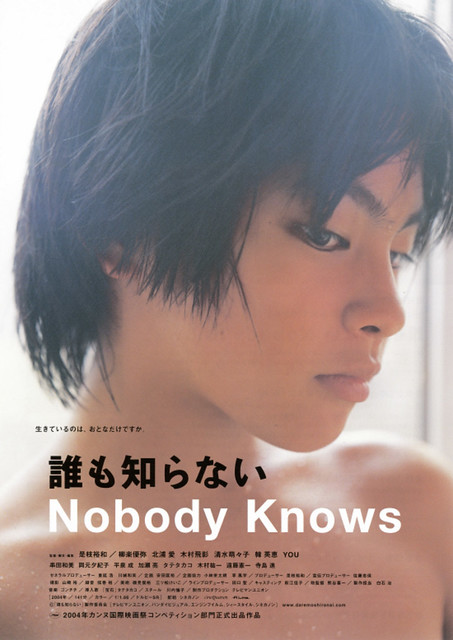
Via the Pitt News. For more on the room's development, browse the PennsylAsia archives.
Today's Pitt Chronicle has a lengthy write-up on the Korean Heritage Room in the Cathedral of Learning ahead of the dedication ceremony on November 15.
Speakers at the ceremony will include University of Pittsburgh Chancellor Emeritus Mark A. Nordenberg as well as Ho Young Ahn, South Korea’s ambassador to the United States, and E. Maxine Bruhns, director of Pitt’s Nationality Rooms and Intercultural Exchange Programs. In addition, the Korean Heritage Classroom Committee—a group of local Korean-American citizens who oversaw the classroom’s funding efforts—will present a ceremonial key to Nordenberg. The presentation, lead by Sang C. Park, symbolizes the committee gifting the classroom to the University. Park is cochair of the Korean Heritage Classroom committee and a respected pediatric cardiologist. David Kim, an international business leader and committee cochair, will serve as the Master of Ceremonies.. . .
The festival will feature performances by local Korean-American talent as well as entertainers from abroad. Notable performers will include the Maryland-based Korean Performing Arts Academy of America, the Korean Pittsburgh Women’s Chorus, the Young Brothers Tae Kwon Do Academy, and the internationally acclaimed Korean Children’s Choir from Seoul, South Korea. Authentic Korean food and crafts will be available, and Pitt’s Quo Vadis Guides—Nationality Room student tour guides with extensive knowledge of each room—will lead tours of the Korean Heritage Classroom.
The Korean Heritage Classroom’s design was inspired by the “Myeongnyundang”—the Hall of Enlightenment that was the main lecture hall of South Korea’s Sungkyunkwan University. Founded in 1398, Sungkyunkwan served as Korea’s “royal academy” and was the region’s foremost institution of higher education for nearly two centuries. The university still operates today (with modernized facilities), and the lecture hall continues to be used for special ceremonial events. It is recognized throughout Asia as a prominent historical monument.As the article says, the day's events begin with a dedication ceremony in Heinz Chapel at 2:30, followed by a Korean cultural festival in the Commons Room (first floor of the Cathedral of Learning) at 3:30 and accompanied by tours of the room all day on the 15th. The Cathedral of Learning is a 42-story building located at 4200 Fifth Ave. (map) in Oakland.
Like the Hall of Enlightenment, the Korean Heritage Classroom depicts three connected rooms. The center room is longer with a lofty ceiling. Sungkyunkwan officials used the center room for ceremonies, lectures, rituals, and other important public events. The two smaller adjoining rooms were used for faculty research and private meetings.



















